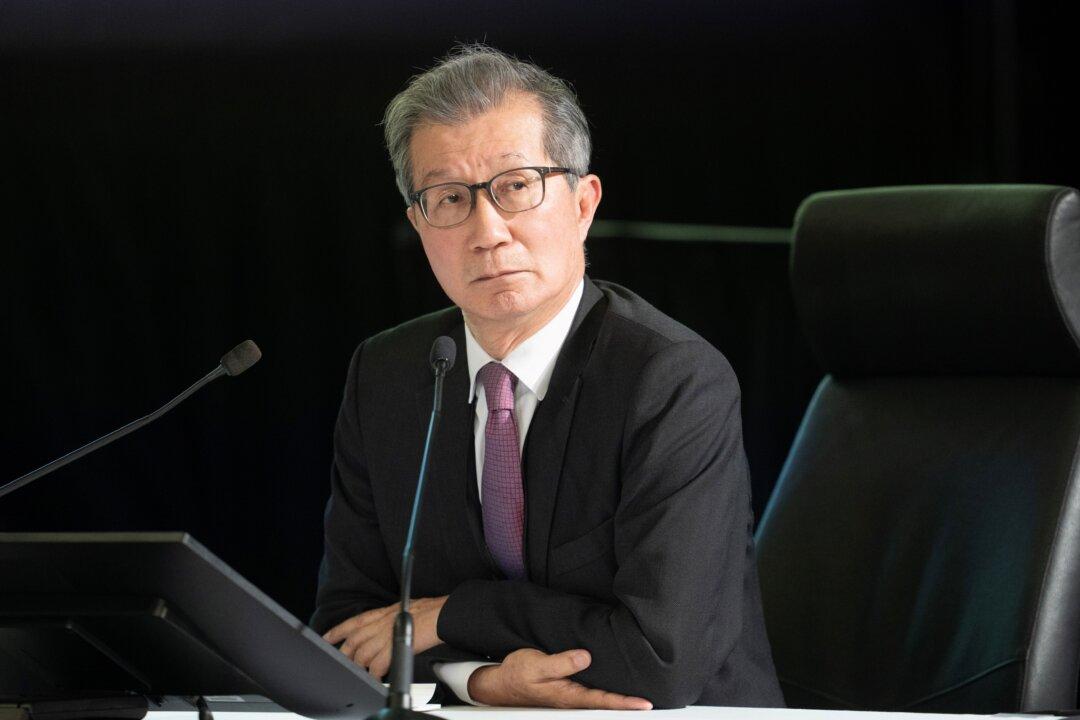MP Han Dong and former Ontario cabinet minister Michael Chan, when asked at the foreign interference inquiry whether they believe China interfered in Canada’s federal elections, only responded indirectly or hesitantly after the question was rephrased a number of times.
During his April 2 appearance at the inquiry, Mr. Chan was asked if he agreed with a conclusion by former special rapporteur on foreign interference David Johnston in his May 2023 report that attempts “at foreign interference are ubiquitous, especially from the PRC [People’s Republic of China].”





